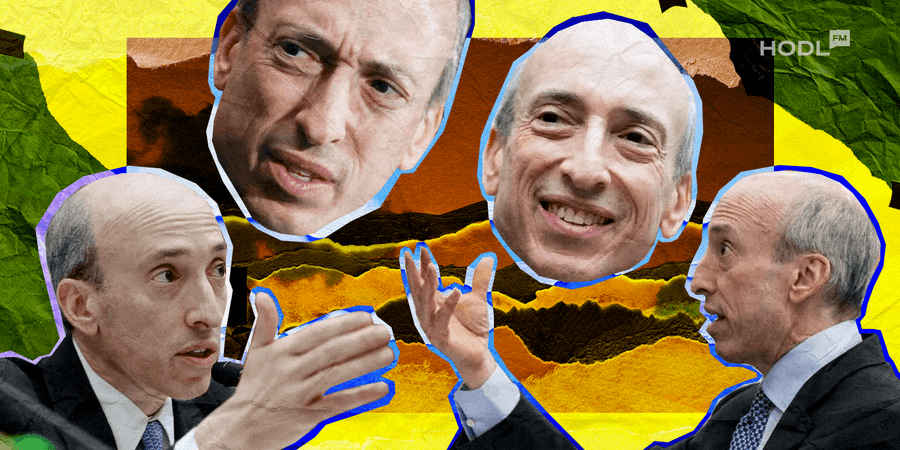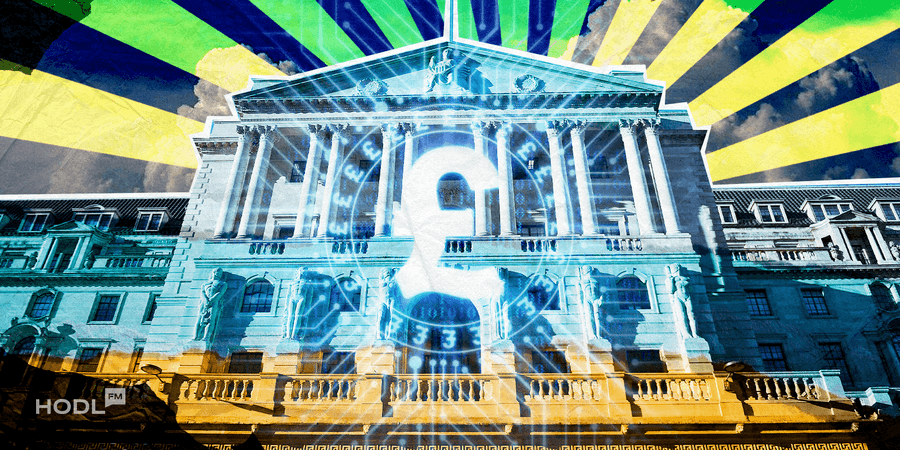Cryptocurrency firms and industry groups are urging the Bank of England (BoE) to abandon proposals that would impose strict limits on how much stablecoin individuals and companies can hold, warning the measure risks putting the UK behind the U.S. and European Union in the race to regulate digital assets.
The Financial Times reported Monday that the central bank is considering holding caps of between £10,000 and £20,000 ($13,600–$27,200) for individuals and £10 million ($13.6 million) for businesses on so‑called systemic stablecoins, tokens widely used for payments or expected to gain that status.
Bank of England defends proposed limits
The BoE argues the restrictions would mitigate risks to the financial system by preventing large outflows of deposits from banks into stablecoins, which could weaken their ability to lend and potentially threaten credit provision.
Sasha Mills, the BoE’s executive director for financial market infrastructure, told the FT that the limits were designed to reduce risks from “sudden deposit withdrawals” and the scaling of new systemic payment systems.
A BoE discussion paper published alongside the proposals emphasized that regulation of systemic stablecoins falls under its mandate, with the central bank requiring operators of such payment systems to be fully backed by deposits at the BoE and subject to equivalent standards applied to commercial banks.

Industry says the rules are unworkable
Executives across the crypto and payments sectors sharply criticized the move.
Tom Duff Gordon, Coinbase vice president of international policy, said:
“Imposing caps on stablecoins is bad for UK savers, bad for the City and bad for sterling. No other major jurisdiction has imposed such limits.”
Simon Jennings, executive director of the UK Cryptoasset Business Council, argued that enforcement would be “almost impossible,” noting that stablecoin issuers lack visibility into who holds their tokens and that caps would require costly infrastructure such as digital IDs.
Riccardo Tordera‑Ricchi of The Payments Association added:
“Limits make no sense. There are no caps on cash, bank accounts or e‑money, and stablecoins should be treated similarly.”
Comparison with the U.S. and EU
Critics highlight that both the U.S. and EU regulate stablecoins without limiting individual or business ownership.
- In July, U.S. lawmakers passed the GENIUS Act, creating a federal regime for payment stablecoins focusing on licensing, reserves, and redemption standards, but with no caps on holdings.
- The European Union’s Markets in Crypto‑Assets Regulation (MiCA) is now fully in effect, covering stablecoins and broader crypto activities. Its provisions, which began rolling out in June 2024, require reserve backing and governance oversight but do not impose ownership limits.
Industry groups say the BoE’s approach would leave the UK implementing rules tougher than peers, potentially driving business overseas.
Growing stablecoin market
The global stablecoin market is currently valued at around $288 billion, with Coinbase projecting it could expand to $1.2 trillion by 2028. Much of this activity is concentrated in dollar‑denominated tokens such as USDT and USDC, which dominate cross‑border payments and DeFi applications.
Industry stakeholders warn the UK risks missing out on a major growth sector if rules reduce incentives for adoption. Coinbase’s Gordon stressed that failing to provide competitive regulatory clarity would “discourage innovation in London’s financial center.”
Next steps
The Bank of England emphasized that these proposals represent the exploratory phase of its regulatory framework. It plans to formally consult on the measures later this year in coordination with the Financial Conduct Authority (FCA) and HM Treasury.
Industry participants said they will continue pushing for modifications before any framework is finalized. Executives argue that while ensuring financial stability is critical, ownership caps are disproportionate and difficult to enforce in practice.

Disclaimer: All materials on this site are for informational purposes only. None of the material should be interpreted as investment advice. Please note that despite the nature of much of the material created and hosted on this website, HODL FM is not a financial reference resource, and the opinions of authors and other contributors are their own and should not be taken as financial advice. If you require advice. HODL FM strongly recommends contacting a qualified industry professional.





